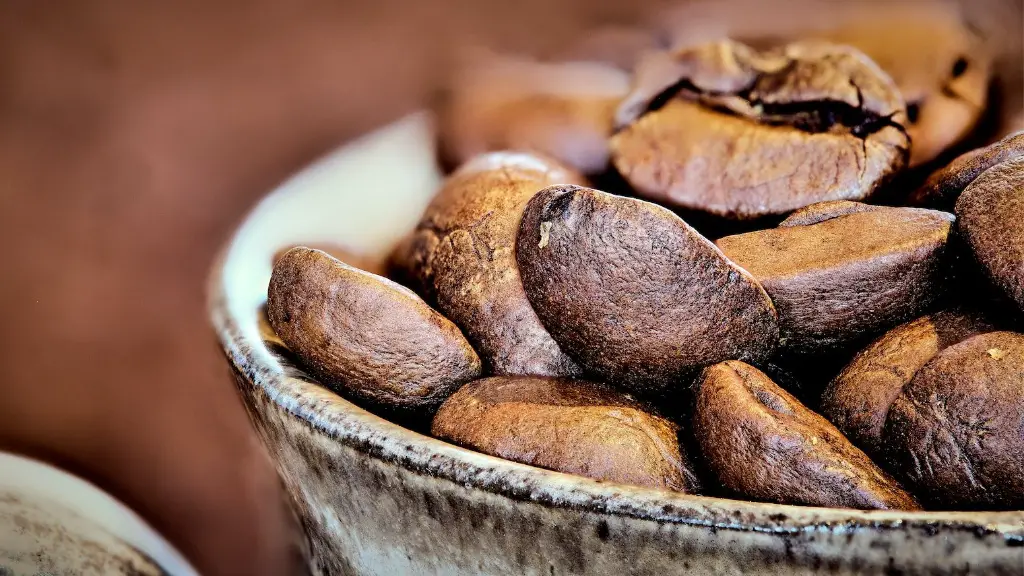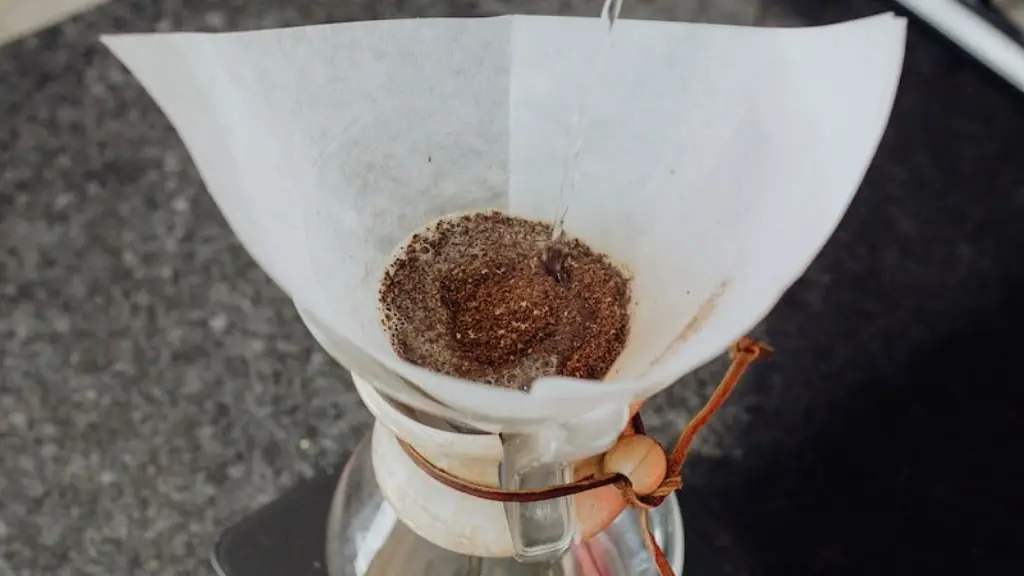Importance of Timing
The timing is important when recovering from wisdom tooth extraction, particularly with respect to food and drink. Coffee, in particular, can be a difficult drink to assess after having a wisdom tooth extracted. It contains stimulants that can increase blood flow to the extraction site, which may complicate the process of healing. But in general, how long after the extraction can coffee be safely consumed?
The consensus of many medical professionals is that it is best to avoid drinking coffee of any kind until the direct area of extraction is fully healed. This can take up to two weeks. Symptoms such as swelling, soreness and inflammation should all be subsided before coffee is consumed. However, coffee consumption can vary depending on the individual and their recovery.
Factors to Consider
Although coffee consumption is unadvisable in the immediate days following a wisdom tooth extraction, other factors also need to be taken into consideration. The healing rate of individuals can vary significantly and some may heal much more quickly than others. Similarly, the healing process may vary depending on the type of procedure used to extract the tooth.
For example, an individual with a dry socket after the extraction will feel greater levels of pain and the healing rate can be dramatically affected. At this point it would be even more important to avoid the consumption of coffee until healed.
It is also prudent to evaluate the extent of the extraction site before considering the consumption of coffee. It can take a few weeks for the extraction site to completely heal and if there is still discomfort or pain, it may be best to avoid coffee entirely. It is important to retain the same level of caution around the same area for some time after the initial healing.
Managing Pain
It is normal to have discomfort and pain in the days following the extraction of a wisdom tooth. Pain management is therefore still of utmost importance. If you are consuming some form of pain relief then it is best to take this before ingesting coffee.
Coffee, although possibly providing relief from the pain, can worsen the level of healing. Therefore the complications that can arise from the quick intake of caffeine can negate any relief from the pain. It can also disturb the body’s natural process for healing.
If pain relief is still required after the wisdom tooth extraction, then it is best to maintain a policy of taking painkillers before ingesting coffee. This “wait and see” approach to consuming coffee can help to ensure that healing is not delayed or made more complicated.
Pain Relief Alternatives
If you are looking for an alternative to coffee to relieve wisdom tooth pain, then you might choose to consume tea or herbal beverages instead. There are many that are caffeine free options, such as melatonin tea, chamomile tea, turmeric tea, ginger tea, peppermint tea or even green tea. All of these can provide different levels of relief from the pain and discomfort following a removal.
You can also try cold or hot compresses to reduce the swelling and inflammation. These may help to provide some relief without the need to resort to painkilling drugs.
Altering Habits
Whilst recovering from wisdom tooth extraction, it is best to make adjustments to your daily habits. This includes reducing your level of physical activity, avoiding smoking and drinking, and increasing your water intake. Water will help to clean and flush out any bacteria or food particles that may become lodged in or near the extraction site. The consumption of coffee is not recommended whilst the extraction site continues to heal.
It is important to listen to your body as it recovers and refrains from drinking coffee. There is no definitive answer to the question of how soon after wisdom tooth extraction can coffee be consumed. As long as the area of extraction is not inflamed and that pain, swelling and inflammation have dissipated, then coffee may be slowly assessed. However, the healing rate is different for everyone, so it is important to take appropriate measures to ensure timely and safe recovery.
Avoiding Complications
Coffee contains stimulants, which can slow down the healing process of the extraction site and cause complications. As such it is recommended to wait until the extraction area is fully healed before consuming coffee. The healing process can vary from person to person and some may recover faster than others. It is best to listen to your body and think about reducing regular activities, monitoring the extraction area, and increasing water and rest during the recovery period.
It is important to remember that whilst coffee is a stimulant, it can also be a source of comfort and can help to provide some relief from pain and tenderness. However, coffee consumption should not begin until the extraction area has properly healed. Whenever possible, it is important to assess the level of pain and any other associated symptoms before drinking coffee. If there is still pain or discomfort, it is best to avoid coffee altogether.
Early Consumption
Although many medical professionals will advise against the early consumption of coffee after a wisdom tooth extraction, there are some instances where it is permissible. For instance, if there is no continued pain, swelling or discomfort in the area of extraction then there may be no risk in drinking coffee. It is important to assess the level of healing and check for any complications before deciding whether it is safe to consume coffee.
If the extraction site is properly healed and the individual is not suffering from any post-procedural complications, then caffeine can be consumed. It is best to gradually increase the amount of coffee over time and focus on managing the pain with other measures, such as cold compresses, in the early days.
Final Thoughts
Even though moderate coffee consumption can potentially help with the pain following a wisdom tooth extraction, it is advisable to exercise caution when deciding to drink coffee. Generally, it is best to wait until the extraction site is properly healed before considering it. Taking a gradual approach, with respect to increasing the amount of coffee consumed, is also prudent. This can help to ensure that the individual is not over-taxing the extraction site.
It is important to consider all possible factors that could affect the healing process. Eating and drinking habits should be monitored, as should physical activity. It is also best to refrain from smoking and to increase the intake of fluids, as water can help to flush out any food particles or any bacteria that may be located around the extraction site.



